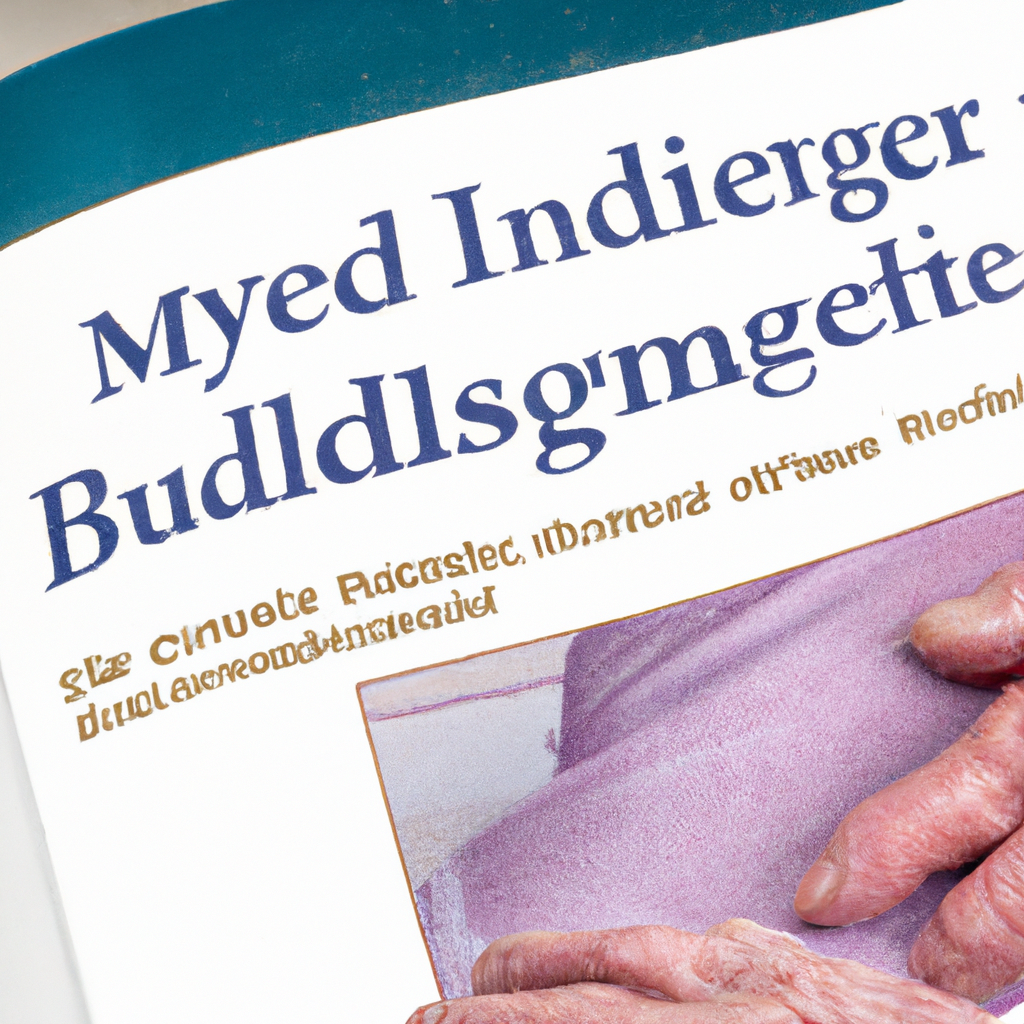As we age, managing our health can become increasingly complicated. But for the elderly, managing bladder health can be particularly tricky, as incontinence becomes more common. In this article, we’ll discuss how to address incontinence in the elderly, and look at ways we can ensure our senior family members are cared for with dignity and the best quality of life.
1. Understanding Elderly Incontinence
Elderly incontinence is a condition in which a senior adult is unable to control their urinary and/or fecal leakage. It is caused by a variety of underlying issues, including age-related physical changes, chronic health problems, and social, mental, and emotional changes. The condition can be difficult to manage, and it is important to understand the underlying causes in order to provide effective care.
The condition can be divided into three main types:
- Urinary incontinence. This is the most common type of elderly incontinence. It can occur due to bladder overactivity, nerve damage, an obstruction, or an infection. It is also sometimes caused by poor toilet habits or the use of certain medications.
- Fecal incontinence. This is the condition of having difficulty controlling bowel movements. It can be caused by nerve damage, weakened pelvic muscles, or fecal impaction.
- Mixed incontinence. This is a combination of the first two conditions, resulting in both urine and stool leakage. It is often the result of chronic health conditions.
The effects of elderly incontinence can include embarrassment, isolation, skin damage, and other health complications. Therefore, it is important to seek help from a qualified medical professional who can offer advice on managing the condition. Treatments and lifestyle changes such as bladder training, lifestyle changes, and medications can help relieve the symptoms and improve quality of life.
It is important to remember that elderly incontinence is a medical condition that is not the fault of the affected individual. Understanding the condition and providing support to those affected can go a long way in helping them manage their incontinence.
2. Proactive Strategies for Managing Bladder Health
Good bladder health starts with proactive steps. Managing a healthy bladder doesn’t have to be complicated, but it does take time and effort. Here are some strategies that can help keep your bladder healthy and active:
Stay on Schedule
- Set a regular schedule for bathroom visits and stick to it. Trying to “hold it” too long makes it more difficult for the bladder to stay healthy.
- Limit how much fluid you take in throughout the day. Avoid drinking fluids late in the day and limit caffeinated beverages.
- If you need to use the bathroom urgently, don’t wait too long. Listen to your body; if you feel the urge, don’t put it off.
Choose the Best Position
Although all people pee differently, adjusting your body position can help the urine flow better. Opt for standing over sitting and use the correct technique – keep the abdominal muscles slightly tightened while you urinate, relax the sphincter, and breathe. Also, women may want to consider squatting or sitting on the toilet to help with ease of urination.
Exercise Regularly
Regular exercise has been proven to help control bladder health. Regular vigorous activity helps to increase the strength and tone of the pelvic floor muscles, which is important for bladder control. Low impact exercises like yoga or Pilates can be great for reducing stress levels, which can help manage bladder issues like urge incontinence.
3. Practical Tips for Supportive Caregivers
As caregivers, it’s important to have the skills to balance providing support and advocating for the care receiver with taking care of our own needs. Here are some practical tips to help you get started:
Create a Support System
Having a strong support system is essential for successful caring. Reach out to family and friends and let them know how they can help in practical ways such as grocery shopping, transportation and babysitting. Additionally, there are support groups available to allow for discussion and sharing of insights with others in a similar situation.
Schedule Time for Self-Care
Caring for someone can be physically and emotionally demanding, so it’s important to incorporate activities that nurture your well-being. This could involve taking a yoga class, going for a walk, journaling, reading a book, or simply taking an afternoon nap. Taking care of yourself will not only boost your energy but also give you the strength to take care of your loved one effectively.
Manage Stress and Stay Positive
It’s inevitable to experience stress and fatigue when supporting someone, so it is important to practice simple relaxation techniques such as deep breathing. By remaining positive, you can ensure a healthy environment despite the challenges that may arise. Additionally, make sure to be realistic in your expectations and take some time off from supporting, if needed.
4. Taking the Next Steps Toward Freedom from Incontinence
When you want to take the next steps to freedom from incontinence, there is no time like the present.
Making the decision to find a way to live without incontinence is the first step. Depending on the level of severity and other factors, this may include seeking professional help. If this is the route chosen, it is important to be prepared with questions for the medical professional, such as:
- What medications or treatments are available?
- How do I know which treatment is right for me?
- Are there any lifestyle changes I should consider?
Experts also stress the importance of a proper and balanced diet. Eating a healthy, balanced diet is key to controlling incontinence. As a result, stay away from foods that are triggers for incontinence, such as caffeine and sodas. Eat a variety of fresh fruits and vegetables and incorporate both aerobic exercise and weight-bearing exercise into your routine.
Lastly, do not be embarrassed or ashamed of your condition. Many people have incontinence and there are plenty of support systems that can help. Talking to friends and family, joining a support group, or even scheduling time with a mental health professional are always smart decisions.
As seniors age, incontinence can be an uncomfortable and embarrassing issue. Fortunately, there are many strategies and resources available to help manage bladder health and control incontinence. By engaging in activities to strengthen the pelvic floor muscles, engaging in exercises to help reduce urinary leakage, maintaining a healthy weight, and seeking help from a health care professional, seniors can take steps to fight incontinence and keep their bladder health in check.



